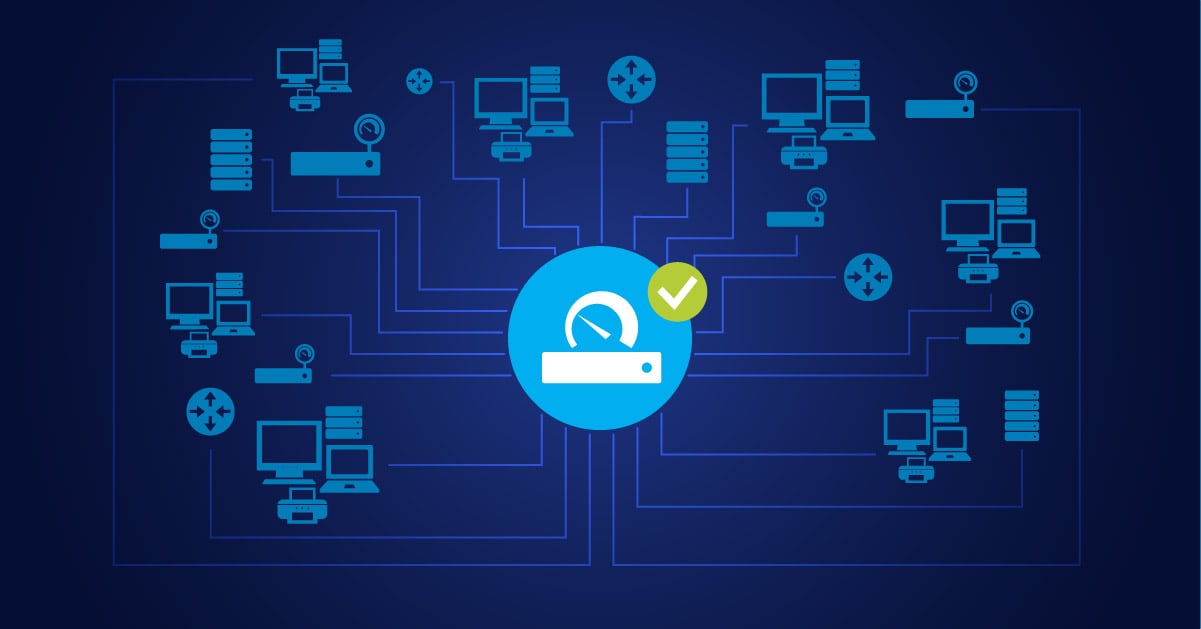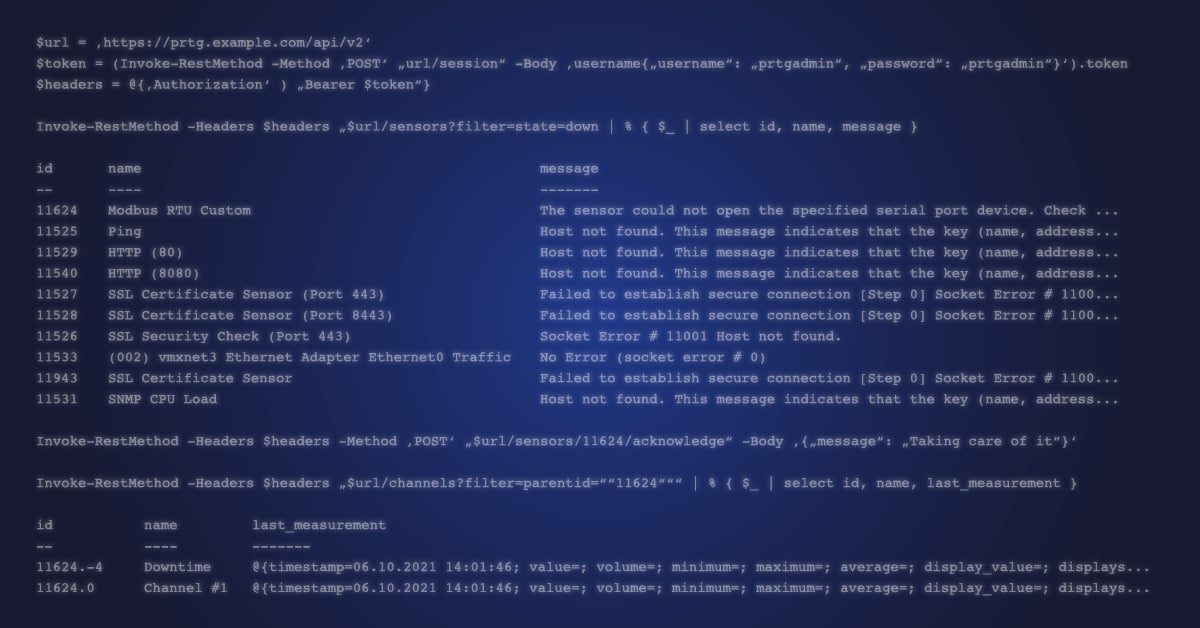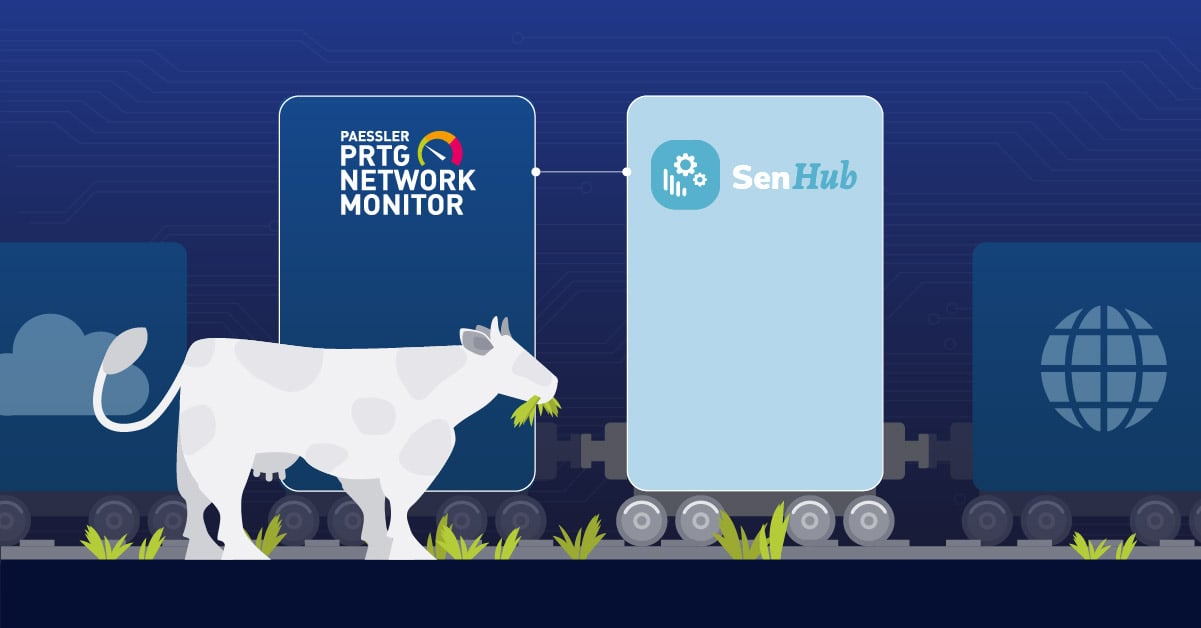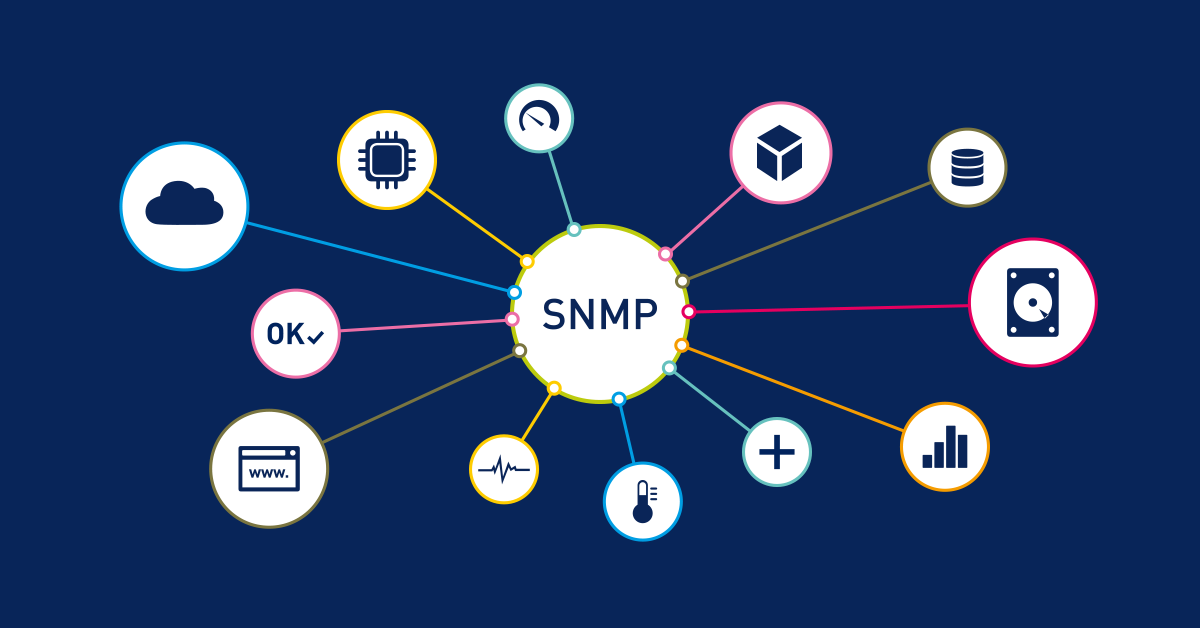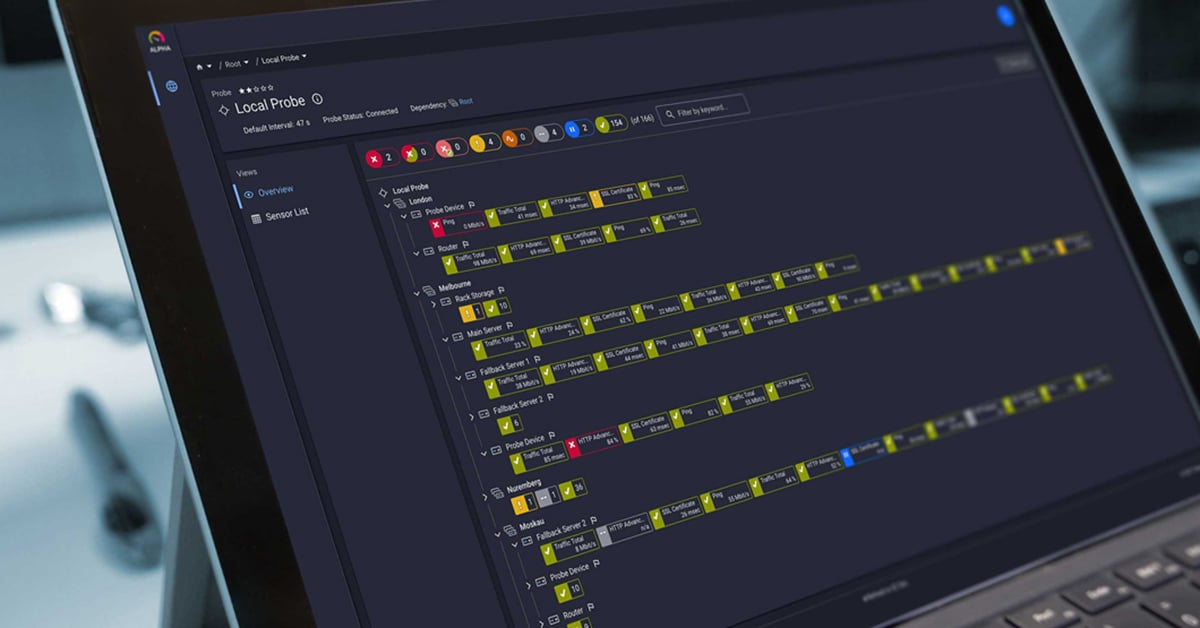Is IT documentation a source of joy, or a necessary evil? Experience shows that most companies only maintain IT documentation to comply with legal regulations.
For decision-makers and budget managers, the creation and maintenance of IT documentation is a time and money factor that does not add value to the bottom line. As a result, documentation is neglected, and is often not worth more than the paper on which it is printed.
A comprehensive documentation strategy is the lifeline of every IT environment. Not only to remind ourselves of things that happened in the past.
So, why is documentation of your IT environment so crucial?
#1 Shortens Response Time in Case of Failure
In an emergency, you can focus directly on system recovery rather than searching for IP addresses, system locations, or instructions.
#2 Offers a Transparent Overview of the IT Infrastructure
How many notebooks do you have in use? Are all servers still within the warranty period? Which employees use a smartphone? A well-documented asset management system has answers to all these questions.
#3 The Basis for the Standardization of IT Components
Through the administration and documentation of hardware components, special devices and old equipment can be found and, where possible, exchanged for standardized hardware. This leads to simplified processes for hardware roll-out and maintenance.
#4 Insures Important Company Know-How
There's nothing worse than knowledge silos. With documentation, knowledge is spread throughout the company and is not lost. Not even when colleagues leave the company.
#5 Acts as a Central Component of IT Emergency Management
To comply with the guidelines for IT emergency management, the provision of complete and up-to-date IT documentation is mandatory. In fact, emergency management is not possible without documentation.
#6 Serves to Comply with Legal and Regulatory Requirements
In times of ISO/IEC 27001 and country-specific IT basic protection requirements, legislators are laying down more and more regulations that make IT documentation a necessity.
#7 Gives Service Providers an Insight into the IT Landscape
Even if all admins in the company know about it - by the time an external service provider is needed, an understandable and clear IT documentation becomes vital.
#8 Documents Responsibilities, Roles and Contact Persons
In addition to system documentation, IT documentation also defines the people responsible and who to contact, with telephone numbers of everyone involved in IT emergencies.
IT Documentation also Includes Monitoring
Documentation of the IT environment can be facilitated by a monitoring solution. It just so happens we have something to help: PRTG Network Monitor. Our historical data could help you to figure out what went wrong at a certain point in time, and document it.
Read what PRTG can do for you and, if you have time, why not put it through its paces with the 30-day-free-trial.
How Are You Dealing with IT Documentation?
Are your documents and guidelines up to date? Do you have enough time in your day to maintain your documentation and tools? And is there anything that could help to improve your current situation? Let's discuss in the comments.
 Published by
Published by 




